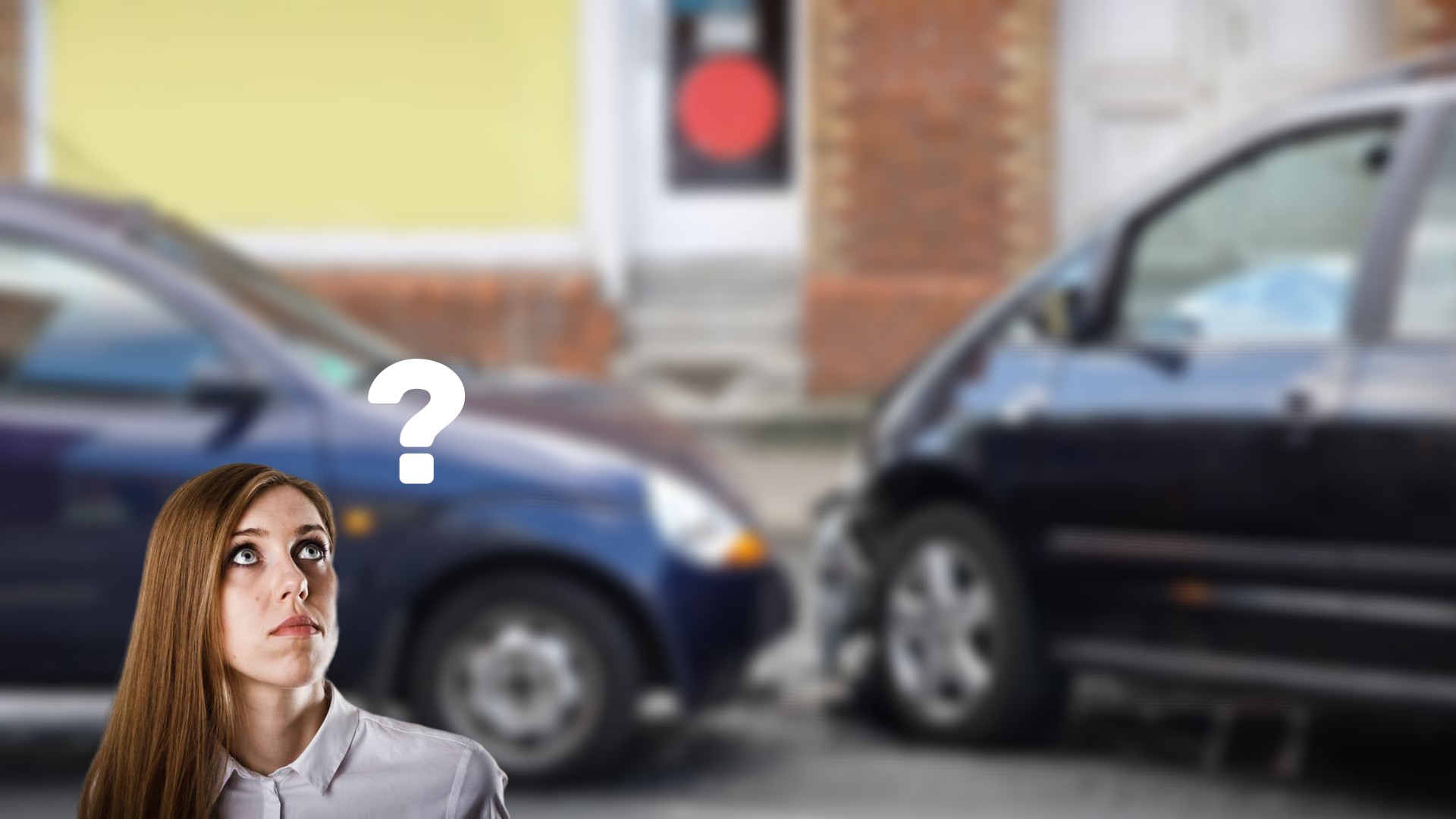
What do you do in this situation?
Following an Automobile Accident in Someone Else’s Vehicle: What to Do!
The first things you should do following any vehicle collision are the same. You should find out who is hurt in your automobile and the other vehicles, and you should get medical help right away.
You should also call the police to file a crash report.
In addition, you ought to take pictures of the accident scene and get the driver’s and any witnesses’ contact details, including the insurance details of the driver. It is crucial to supply any insurance information you may have for the car, even though you do not own it, since it can still offer coverage.
In order for the owner of the vehicle you were driving to notify the insurer, you should also let them know about the collision. Finally, inform your own auto insurance provider that you were involved in an accident while driving a vehicle that belonged to someone else.
After an Accident in Someone Else’s Car, Who Pays the Damages?
To start with, auto insurance tracks the vehicle, not the driver. Thus, if you lend your automobile to a friend, any damage to your vehicle or injuries to the driver will usually be covered by your own auto insurance and not your friends.
As long as your friend is a licensed driver and doesn’t frequently borrow your car, your insurance should cover their accident.
Nonetheless, your insurer may attempt to collect money from your friend’s motor insurance company through subrogation, even if your own policy fully covers the cost of damages.
The following factors will also determine whose insurance policy pays for the damages caused by this kind of accident:
Who is responsible for the mishap?
In every auto accident, determining who is at fault for the collision is crucial. If you caused an accident while driving a friend’s automobile, the car owner’s insurance may cover the damages, provided they are not too large.
However, the owner’s auto insurance policy’s liability coverage might not be enough if the injuries are severe and the damages are large. If so, the remaining amount would have to be covered by your insurance company. You could be held personally accountable if you do not have enough or any auto insurance.
The conditions of the relevant insurance policy.
Another crucial element is the conditions of the relevant insurance plans. The insurance provider for the vehicle may not pay for any injuries if you were not included in the policy. In that scenario, you might be liable, or your insurance policy might be.
Furthermore, the policy of the car owner might not apply if you drove the vehicle without their permission. Once more, based on the terms of the policy, your own insurer would be liable for the losses.
The kinds of insurance plans that are offered.
It shouldn’t matter if you own the automobile or not if the other driver caused the collision. The driver who caused the collision is accountable for the harm the collision causes, and their insurance provider is obligated to compensate for damages up to the liability coverage’s policy limitations. You don’t have to worry about using your insurance or the car owner’s insurance policy to cover damages if it is obvious that the other driver’s negligence caused the collision.
You should also review the other policies in question to see if there is uninsured or underinsured coverage in case the accountable party is uninsured or underinsured. If so, the policies might be applicable and offer a way to get better.
Your insurance coverage and the automobile owner’s insurance coverage will be taken into consideration when deciding who pays if it’s not evident who is at fault and the other motorist alleges that you are.
Once more, this is dependent upon the specifics of the collision and the type of insurance involved. Even when it’s your automobile and not someone else’s, cases involving contested liability can turn into intricate legal affairs.